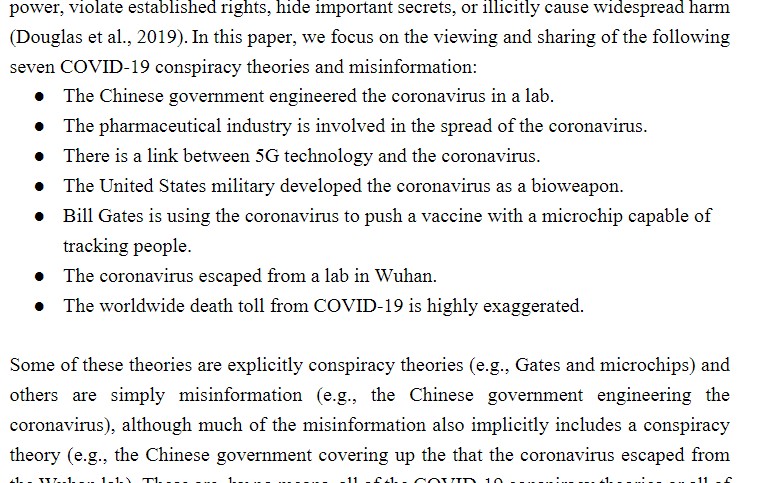A new study says early intervention with cryoballoon catheter ablation (cryoablation) can halt disease progression and reduce risk of serious health impacts of atrial fibrillation(AF).
Age is relative. If you put two people the same chronological age next to each other, one may look younger while one may nonetheless be biologically younger. Yet age is the biggest risk factor for most diseases even though it doesn't tell much of a health story.
Population statistics about age are as pointless in individual care as most epidemiology, but they can provide proxies for biological aging that at least have people taking important things for their future, rather than placebos like a USDA food servings chart.
One of the largest mass extinctions ever is bad. Six marine extinctions is even worse. That all happened in one period now known as The Devonian Period, 419 to 358 million years ago.
Yet that is also when the world got the trees and complex land plants similar to those we know today first evolving and spreading across the landscape. Those complex root systems affected soil biogeochemistry and set off part of the chain that allowed humans to thrive.
Humanity progresses thanks to the diffusion and sharing of human knowledge. In particular, scientific progress is brought forth by the sharing of ideas, measurements and experimental results among scientists, and the distribution of excellent education. We have grown very good at doing that, but can we improve the sharing of knowledge for the common good?
The answer is certainly yes, as the interconnection of the scientific community and the interdisciplinarity of its efforts are hampered by borders, language barriers, cultural differences, political influences, religious hindrances, education system challenges, and also by different conventions, policies, metrics in the different areas of scientific research.
In 2022, the United States surpassed one million COVID-19 related deaths. Many of them had co-morbidities that are risk factors for many diseases, like old age, cancer, or respiratory issues.
Added into those risk factors were lifestyle diseases like obesity, type 2 diabetes, and smoking, all of which are linked to poorer outcomes from COVID-19 infections. Those have all long been linked to negative health outcomes, which is why we have advocated for exercise, sensible diets, and giving up cigarettes as first lines of defense against many future problems.
A new paper describes the perfect combination of genetic alterations that tumors use to promote explosive growth and prevent their own demise, a development that could change the way oncologists understand and treat melanoma.
Telomeres, protective caps at the of the end of the chromosome, are required to prevent DNA from degrading. In healthy cells, telomeres become shorter with each cycle of replication until they become so short that the cell can no longer divide. Disruptions in maintenance of the length of the telomeres can lead to severe disease. Short telomere syndromes lead to premature aging and death, but extra-long telomeres are associated with cancer.
If you have ever visited or Florida or any place with rainfall extremes at sub-hourly timescales - short storms - residents joke that if you don't like their weather, wait five minutes and it will change.
A new analysis says those changes may be happening quickly, and are intensifying much faster than those on longer hourly or daily timescales. Which means greater chance for damaging environmental hazards like flash flooding. If these intense short-duration precipitation events are being affected by our changing climate. understanding them is crucial for effective climate adaptation and mitigation.
My nice Plaxo online address book disappeared when the host company was sold and the buyer discontinued the service. My contacts, up in smoke.
Dropbox (cloud storage and data synch) and TunnelBear (VPN) both decided not to support my OS any more, as did Google Chrome. I face expensive upgrades.
Our eyes see only a tiny band of the electromagnetic spectrum. Matter is mostly empty space, but we see and feel it as continuous solid. Why don't we comprehend the world as it really is? It is because evolution has prepared us to survive and reproduce. Evolution has no interest in preparing us to see the world as it is. There is no reproductive value in seeing the whole truth.
With a tiny fraction of the world population, the United States dominates science output. America dominates in Nobel prizes, and adult science literacy.
Yet leading the world in science literacy needs under 30% of its people, so it isn't that America is great, it is more that other countries are terrible. Anyone looking at the science policies of Europe - 'anything but science' is the default - when it comes to food, energy, and medicine knows they're regressing into the Dark Ages. Asia never stopped being the home of supplements and mysticism, it is why they lead the world in endangered-species-killed-for-folk-medicine occurrences.
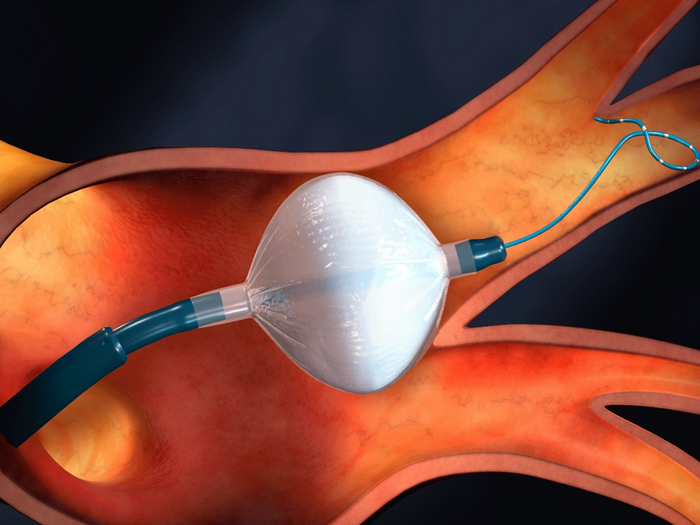

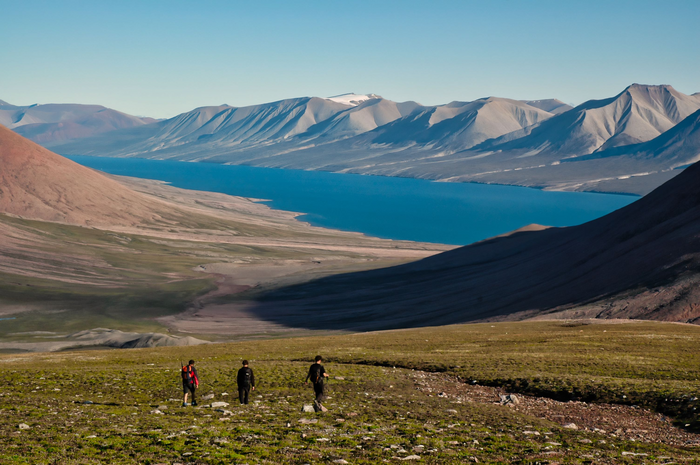
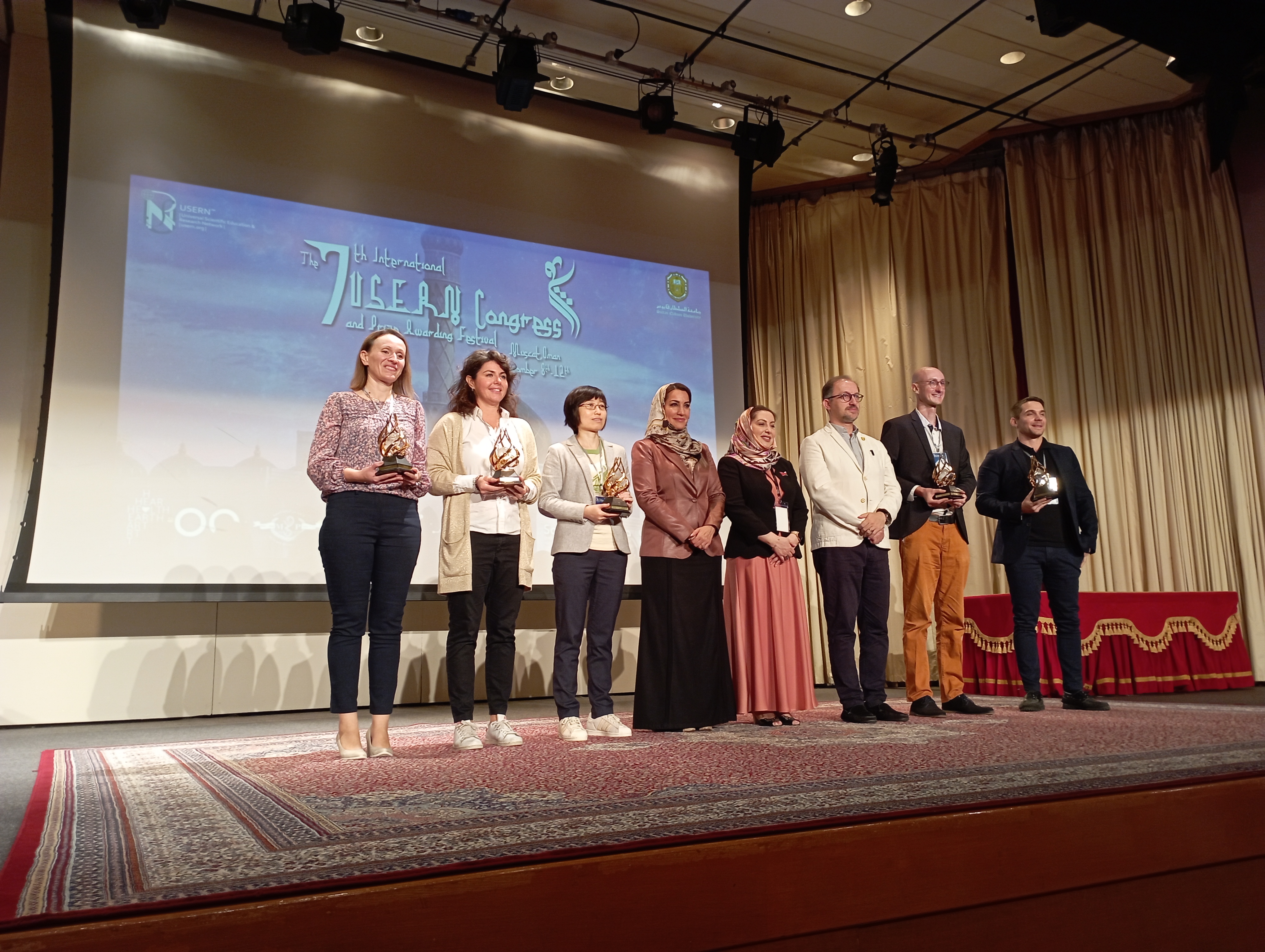
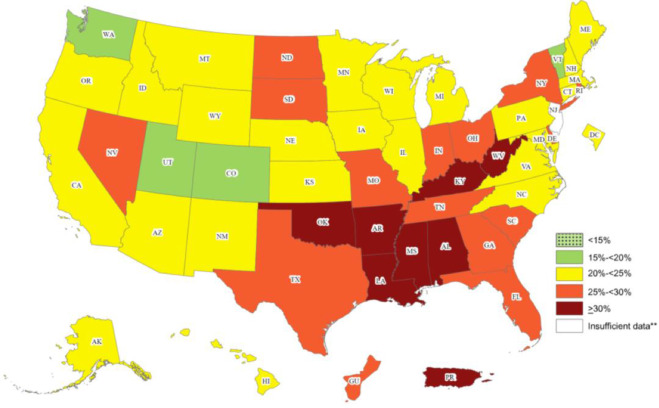

.jpg)


